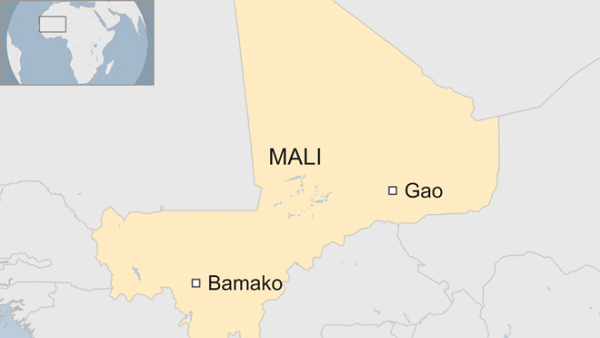The United Nations Security Council established a Mali sanctions regime on Tuesday that allows the body to blacklist anyone who violates or obstructs a 2015 peace deal, hinders the delivery of aid, commits human rights abuses or recruits child soldiers.
Anyone added to the blacklist would be subjected to a global travel ban or asset freeze, according to the French-drafted resolution, which was unanimously adopted by the 15-member Security Council.
“We do see the sanctions as an additional tool in order to promote the peace agreement,” French U.N. Ambassador Francois Delattre told the Security Council. “Time is not on our side and the peace agreement in Mali is one of the keys to stabilization of the regional situation in the Sahel.”
The vast, arid Sahel region has in recent years become a breeding ground for jihadist groups — some linked to al Qaeda and Islamic State — that European countries, particularly France, fear could threaten Europe if left unchecked.
A 2015 peace deal signed by Mali’s government and separatist groups has failed to stop violence in northern Mali by Islamist militants, who have also staged assaults on high-profile targets in the capital Bamako, Burkina Faso and Ivory Coast.
French forces intervened in 2013 to drive back Islamist fighters who had hijacked the Tuareg uprising to seize Mali’s desert north in 2012. The U.N. Security Council then deployed peacekeepers to the country.
Attacks on U.N. troops have made it the world body’s deadliest peacekeeping mission. Anyone who attacks peacekeepers could be blacklisted by the Security Council.
The United Nations said two peacekeepers were killed and two seriously injured on Tuesday in an attack on their convoy in the Kidal region.
Reuters



